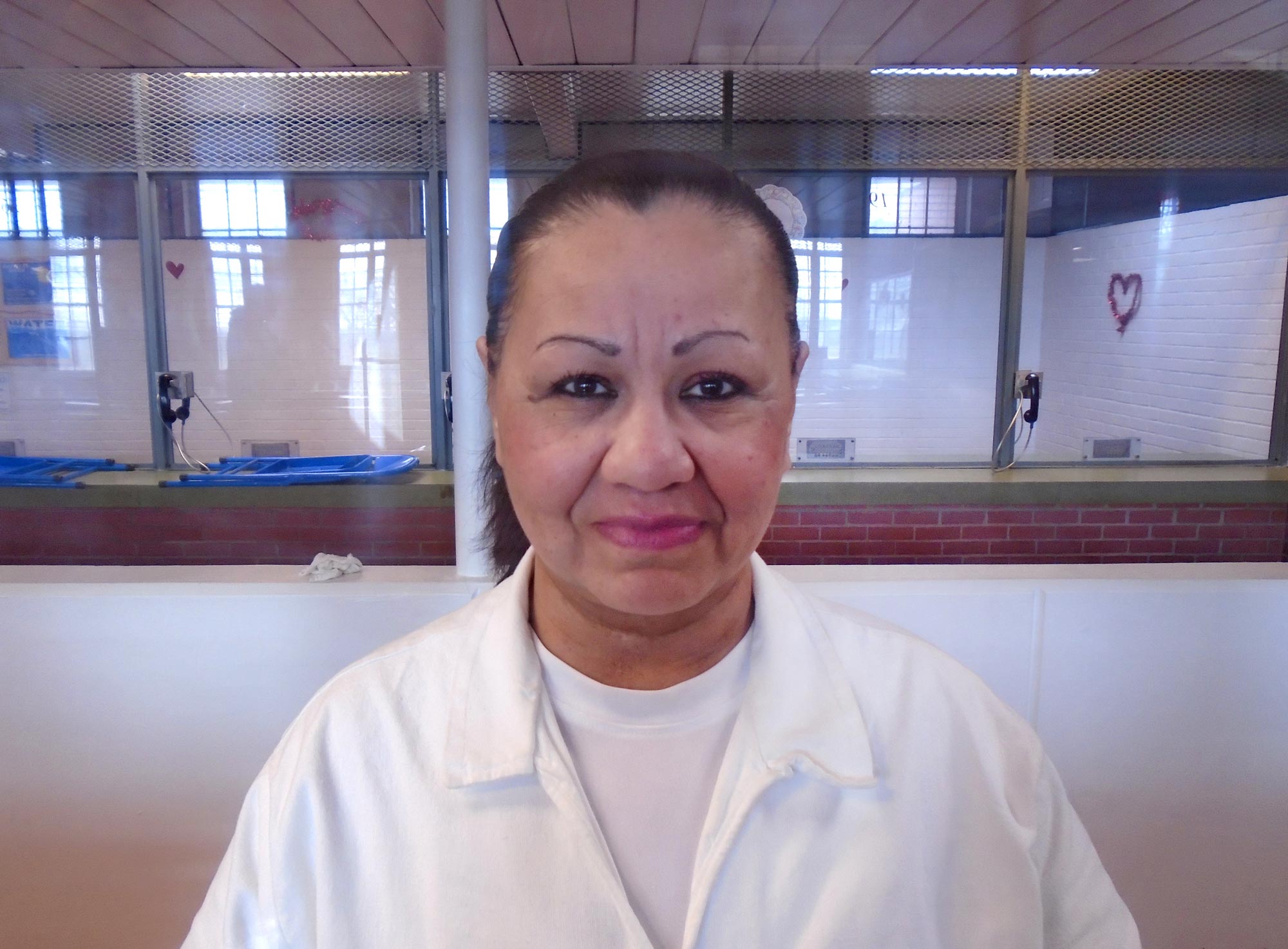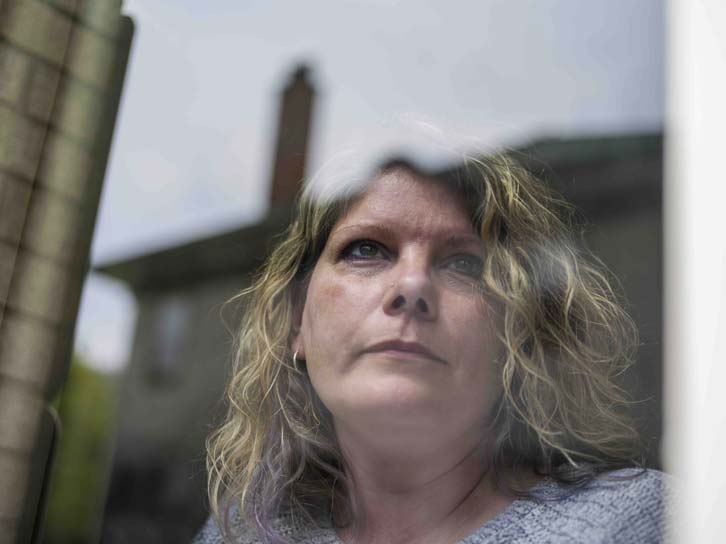Friendship of Women Leaders Op-Ed in Texas Brownsville Herald: Do Not Execute Lucio
"The state of Texas has continued the cycle of victimization by wrongfully convicting Melissa of capital murder."
03.02.22 By Gloria Ocampo and Nora Montalvo-Liendo
Published in Brownsville Herald on Feb. 10, 2022
In our work through Friendship of Women Inc., we connect every day with women in Cameron County who need help dealing with domestic abuse. We strive to support these women and their families, as well as to educate government officials about the facts and realities of domestic violence based on research.
Melissa Lucio, who faces execution in Texas on April 27, is a survivor of child sexual abuse and relentless domestic abuse. She never received the help she needed. Melissa’s case illustrates the vital role played by organizations like ours; if only someone had referred her to outreach agencies or we had known about her situation when there was still an opportunity to help, we doubt she would be on death row today.
From what we have learned about Melissa’s case, the evidence is overwhelming that her young daughter’s death was a tragic accident, the result of a fall down the stairs, not a crime. Melissa is a victim, not a murderer. Melissa has not properly grieved the loss of her child.
Melissa had multiple childhood adversities that led to cumulative traumas throughout her life. Her stepfather and uncle began raping her when she was just 6 years old. She became a child bride at 16 to escape the terrors of home, but the marriage was no refuge. Her husband abused her for many years, had his own addiction problem, and dealt drugs. After he abandoned her with five small children, her next partner was no different, the abuse continued both physically and emotionally. By the time she was 35, Melissa was struggling with abuse, mental illness, addiction and poverty. She had given birth to 12 children and suffered multiple miscarriages.
While law enforcement and child protective services were often contacted because of the violence inflicted by Melissa’s partners, Melissa never received the support or treatment she needed. Multiple systems failed her and her family. At times the family was homeless or living in deplorable conditions. And yet, thousands of pages of Child Protective Services Records show that Melissa’s 12 children never said that she was violent with them.


Leave a Reply
Thank you for visiting us. You can learn more about how we consider cases here. Please avoid sharing any personal information in the comments below and join us in making this a hate-speech free and safe space for everyone.